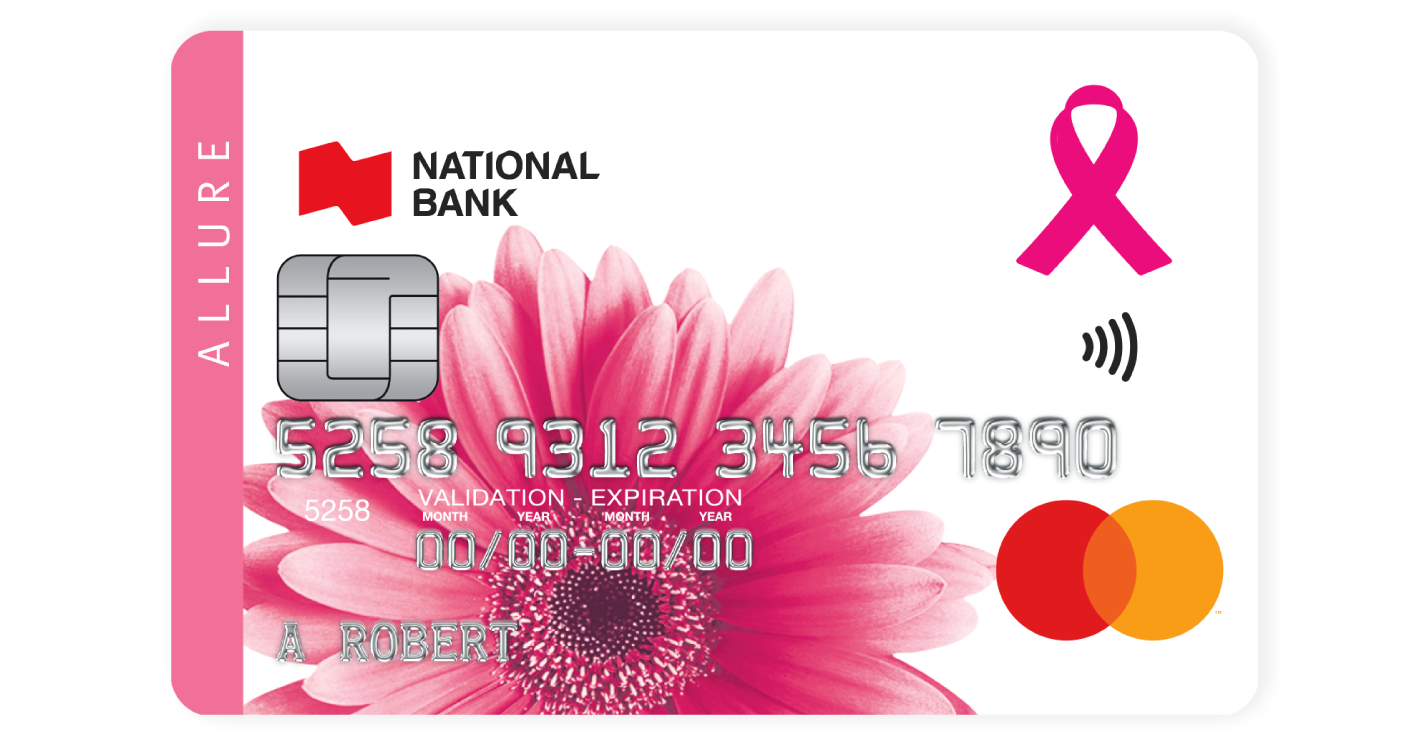I'd like to begin by saying to those who are dealing with illness,
either directly or indirectly, that my thoughts are with you. This is
something I care deeply about, especially because I had to watch a
friend of mine go through it. When cancer strikes, it's normal to have
questions and concerns. Here are some answers that will help you
manage your finances in the coming months.
Four things to remember:
- Examine your overall plan
- Review your budget
- Check your insurance coverage
- Consult with a financial
planner to help you through this process.
First, it's important to look at your overall situation to make
informed decisions and, above all, avoid making hasty decisions. It's
recommended that you prepare a plan that's right for your situation.
Whether you're single or in a relationship, whether you have children
or not, your priorities and the outcome of your decisions will be different.
Can you continue working or do you have to stop? Some people
continue working, but most don't have the capacity or even the energy
to continue, and that can affect their family's income. When you've
prepared your plan, it's important to review your current and future
financial situation and ask yourself the right questions about your budget.
To do this, you have to answer a few questions:
Where will your income be coming from?
Do you have an emergency fund?
What are your payments?
What expenses are necessary or not?
Where can you cut?
To comb through your expenses, you need to determine your fixed
expenses, which are often more difficult to cut. For example your rent
or your electricity bill.
Then there are variable expenses, such as entertainment, clothing
and travel. This is where spending can
often be reduced more easily. For example, by dining out less frequently.
Note that you can also review your fixed expenses:
Do you still need the same mobile plan?
Will you continue to use your car as frequently?
You might be able to have your car insurance premium reduced.
Next, you have to look at other expenses that could be added or
increased, given your situation:
taxi rides, babysitting fees, and ready-to-eat meal services,
certain medical expenses or even psychological support are not covered
by public health plans.
However, some hospitals, public clinics and foundations offer this
service free of charge and other one-time costs, such as renting or
buying a hair prosthesis.
First, check to see if you have a group insurance plan at work and
whether it covers certain costs such as medical expenses not covered
by your public health plan. Also, find out about life, disability or
critical illness insurance for you and your spouse, whether with a
group or privately. If you do, these funds could help you manage your budget.
Various assistance programs are offered on the Quebec Breast Cancer
Foundation website, with whom the National Bank is engaged with for
more than 15 years. I invite you to consult their website, it is
filled with information to accompany you through your care trajectory.
What to remember:
The important thing is to continuously review your budget and plan
for the next few months to be ready for all eventualities. This will
enable you to focus on what really matters, your health.
And don't hesitate to speak with your financial planner. It's our
job to assist you and give you the right advice so that you can have
peace of mind.
